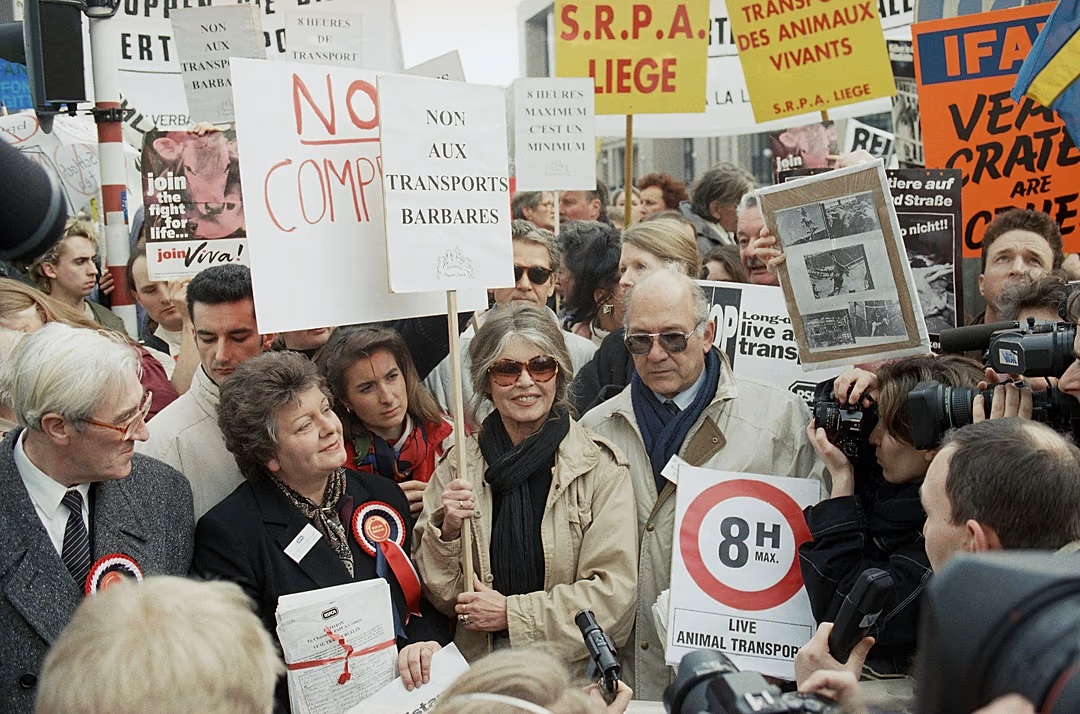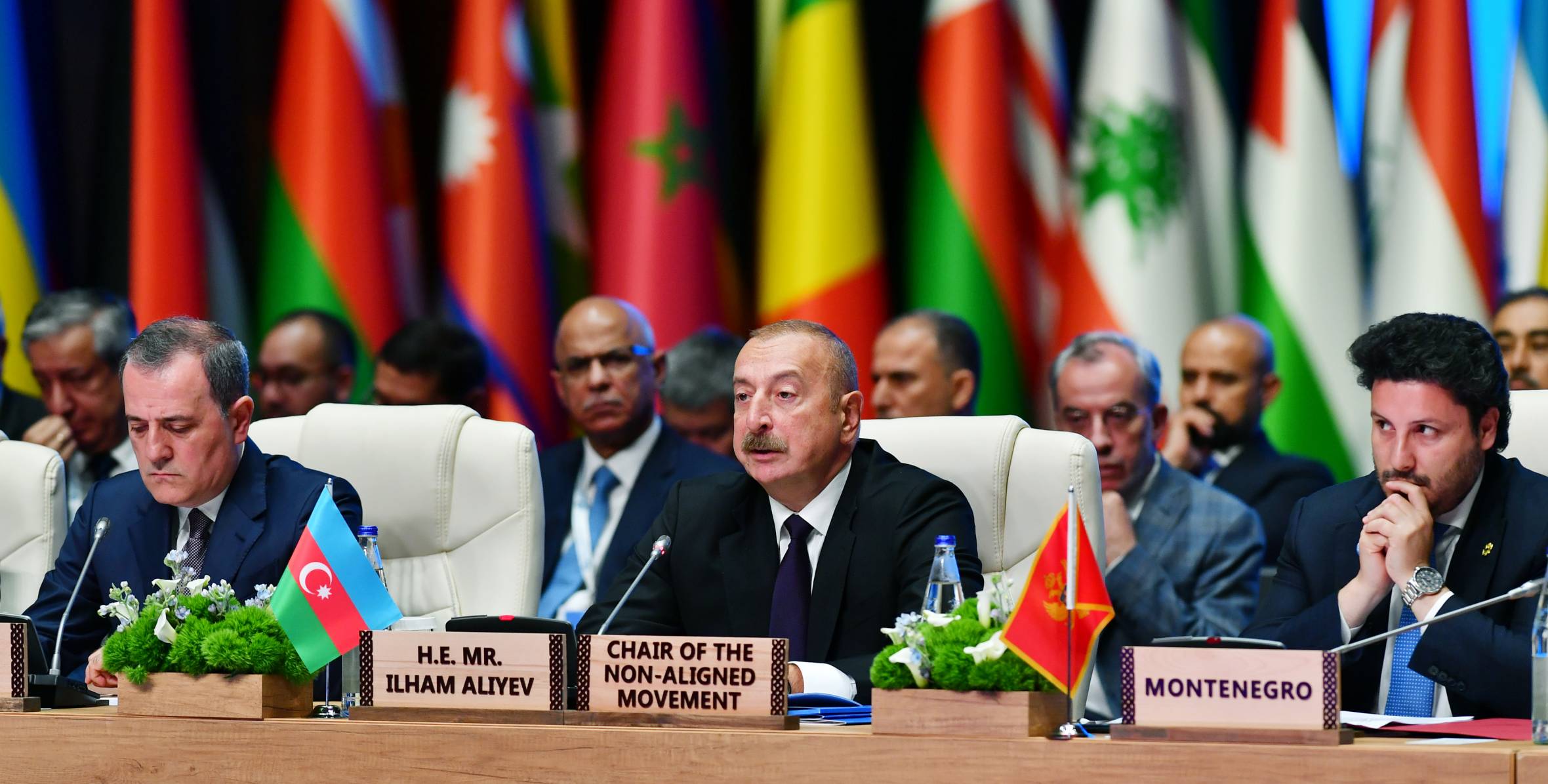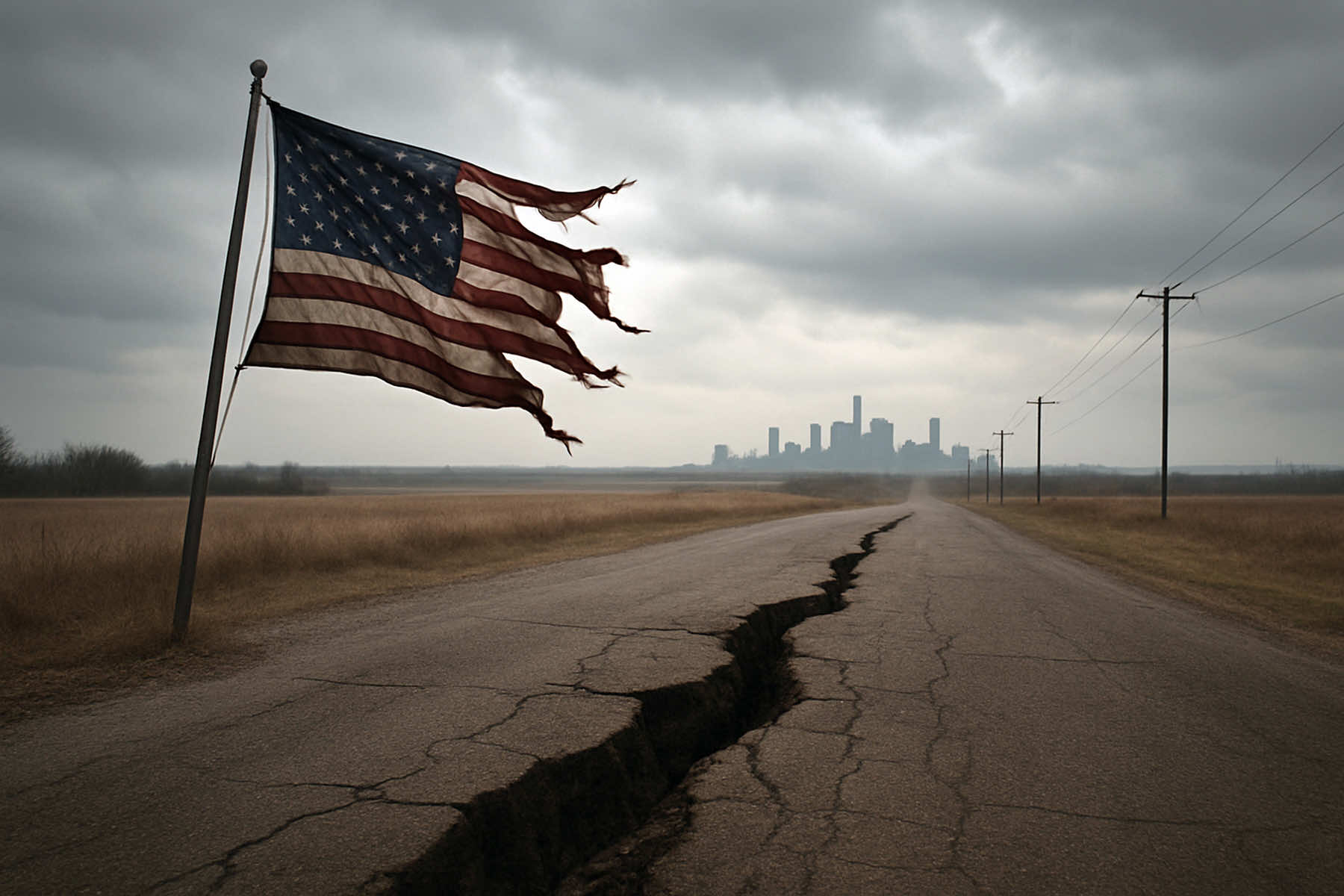
According to top Kremlin officials, the West constantly deceives the Russian leaders and violates all agreements Moscow and its Western partners have made in the past. But despite that, the Kremlin continues seeking to make deals not only with the Ukrainian authorities – whom Russian President Vladimir Putin once labeled as drug addicts – but also with the United States and the European Union.
Could it be that the Russian decision-makers are that naïve and stupid?
By Nikola Mikovic
Pro-Kremlin propaganda often portrays Vladimir Putin as a “geopolitical strategist” and a “chess master” who enjoys “checkmating” his Western colleagues. In reality, it is Putin’s Russia, rather than the West, that always gets the short end of the stick and is forced to make unilateral concessions to its Western partners.
Following the collapse of the Soviet Union in 1991, Russia withdrew its troops from Eastern Europe. By 2004, all countries that were members of the Warsaw Pact joined NATO. According to the Russian narrative, the West broke its promise in the 1990s not to expand NATO.
However, the Kremlin did not take any steps to prevent further NATO expansion. As a result, Sweden and Finland are expected to join the United States-dominated alliance soon, a move which does not seem to worry Moscow.
On the other hand, Russia was worried about Ukraine’s ambitions to join NATO, which is why it invaded the Eastern European country on February 24. From the purely military perspective, it does not make much difference if NATO missiles are deployed in Finland, some 200 kilometers (124 miles) from Russia’s second-largest city of Saint Petersburg, or in Kharkiv in Eastern Ukraine, around 80 kilometers (50 miles) from Belgorod.
A city has already become one of the primary targets of the Ukrainian Armed Forces. Thus, it remains unclear why, from the Kremlin’s perspective, Finland’s NATO membership does not pose a threat to the Russian Federation, and Ukraine’s desire to join NATO is seen as a “red line.”
The West, however, never took Moscow’s “red lines” seriously, given that it became apparent that Putin is not a “chess master” but a typical bluffer. Despite Ukrainian attacks on Russian military bases and critical infrastructure, Russia never retaliated by bombing “decision-making” in Kyiv.
Instead, the Kremlin allows its opponent to export its grains freely, continues selling gas to Europe via Ukrainian territory, and seeks to make a deal with Kyiv that would enable Russia to use Ukraine as a transit country for its ammonia exports to the West.
In other words, for Putin, the interests of his oligarchs – namely Dmitry Mazepin, who is heavily involved in the ammonia business – have a priority over Russian national interests. It is, therefore, not surprising that Russia is suffering humiliating defeats in Ukraine. But for Putin, the so-called special military operation is “proceeding according to plan, as usual, the situation is stable, there are no questions or problems.”
Such rhetoric should not be surprising given that over the past eight years, Putin repeatedly claimed that the Minsk agreements – signed in the Belarusian capital in 2014 and 2015 – have no alternative. But on December 9, after former German chancellor Angela Merkel said that the Minsk agreements had been an attempt to give Ukraine time to build up its defenses, Putin accused his Western partners of “deceiving” him. Is it possible that a man who worked as a KGB foreign intelligence officer allowed himself to be "deceived" by Western leaders?
The fact that Putin did not resign following Merkel’s statement but openly announced that he plans to continue making deals with the West suggests that he is deliberately implementing such a policy that puts Russia in a challenging position.
In 2018 the Russian leader explained how he, following his request from his American partners during the Maidan protests in Kyiv in 2014, pressured the then Ukrainian President Viktor Yanukovych not to deploy troops and crackdown on Maidan demonstrators.
As a result, Yanukovych was overthrown, and Putin blamed Poland, France, and Germany for not forcing Yanukovych’s opponents to implement the agreement on a settlement of the political crisis in Ukraine signed on February 21, 2014, by the Ukrainian president and opposition leaders.
“Was that the first time that the West deceived us,” Russian journalist – critics would call him a propagandist – Vladimir Solovyov asked Putin.
“It was possibly the first time that they deceived us in such a rude and arrogant way,” the Russian leader replied.
To this day, Putin continues blaming the West for violating various deals, quite aware that the Russian media will never dare to question the Kremlin’s narrative. In other words, no mainstream figure on the Russian political scene will ever ask if Putin is a complete moron who keeps getting deceived by his Western partners or if he might consciously work for the interests of Russia’s opponents.







Vladdy is a traitor. Wish the Russian would grow a pair and off him to Venezuela. That mf'er destroyed his country but, the Russian media holds him in high prestige???!!!
The Capitalists,
especially The Money Power Establishment,
loves a good battle against
Communism.
Why?
Communism is weak
and it offers no incentive for good work other than a nice reward
from the big government.
Also, The Money Power Establishment
makes a lot of money from long drawn out convoluted wars.
Joe Biden can tell you all about it.
The current statements
made by President Trump
should be in the news more.
💜 Angel NicGillicuddy
[…] Mikovic is never afraid to make bold statements on events in that region. His latest contribution, Vladimir Putin: moron or traitor, illustrates that. A database with all his work can be found here.More recently, Jolmer de Jong […]